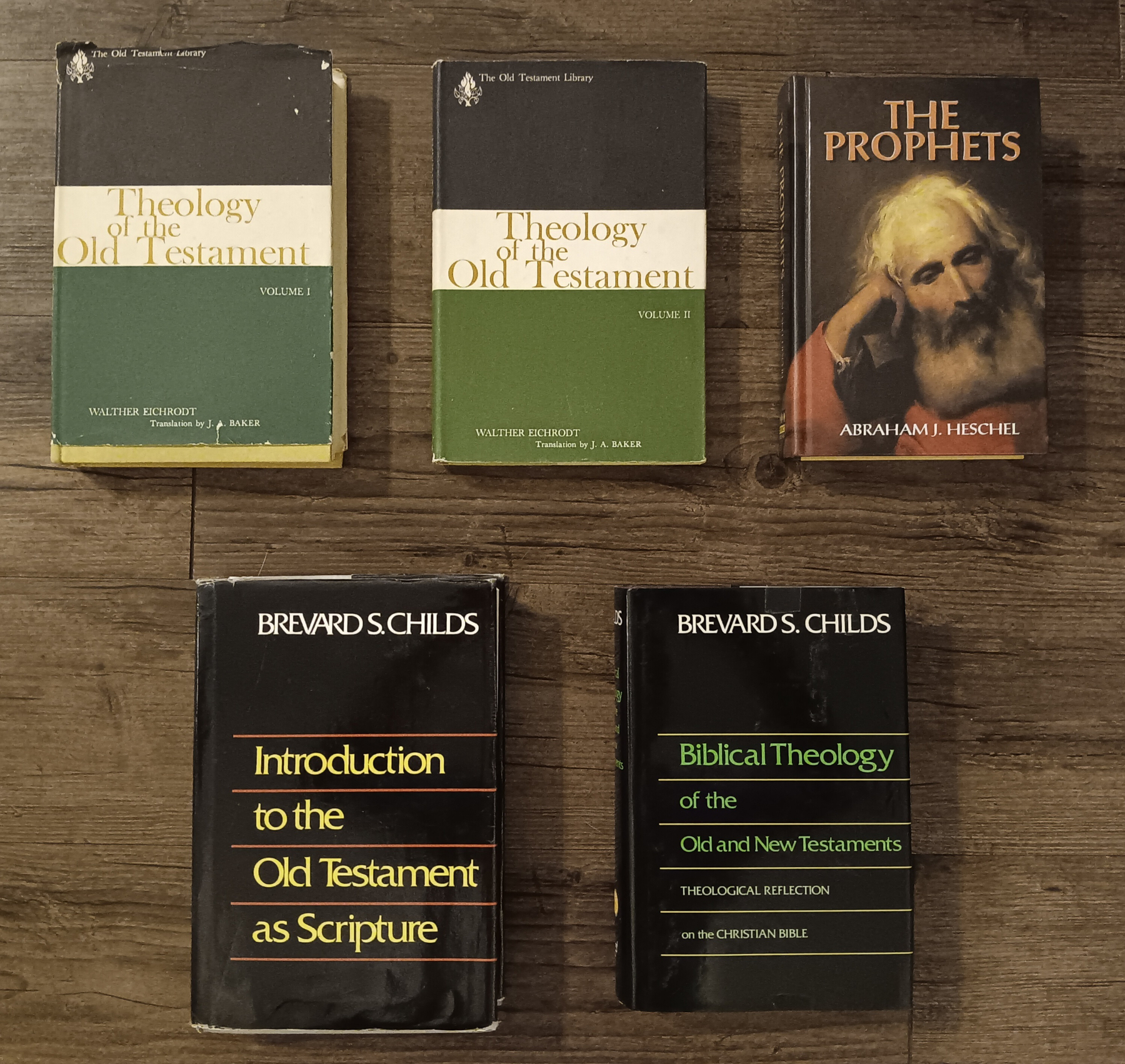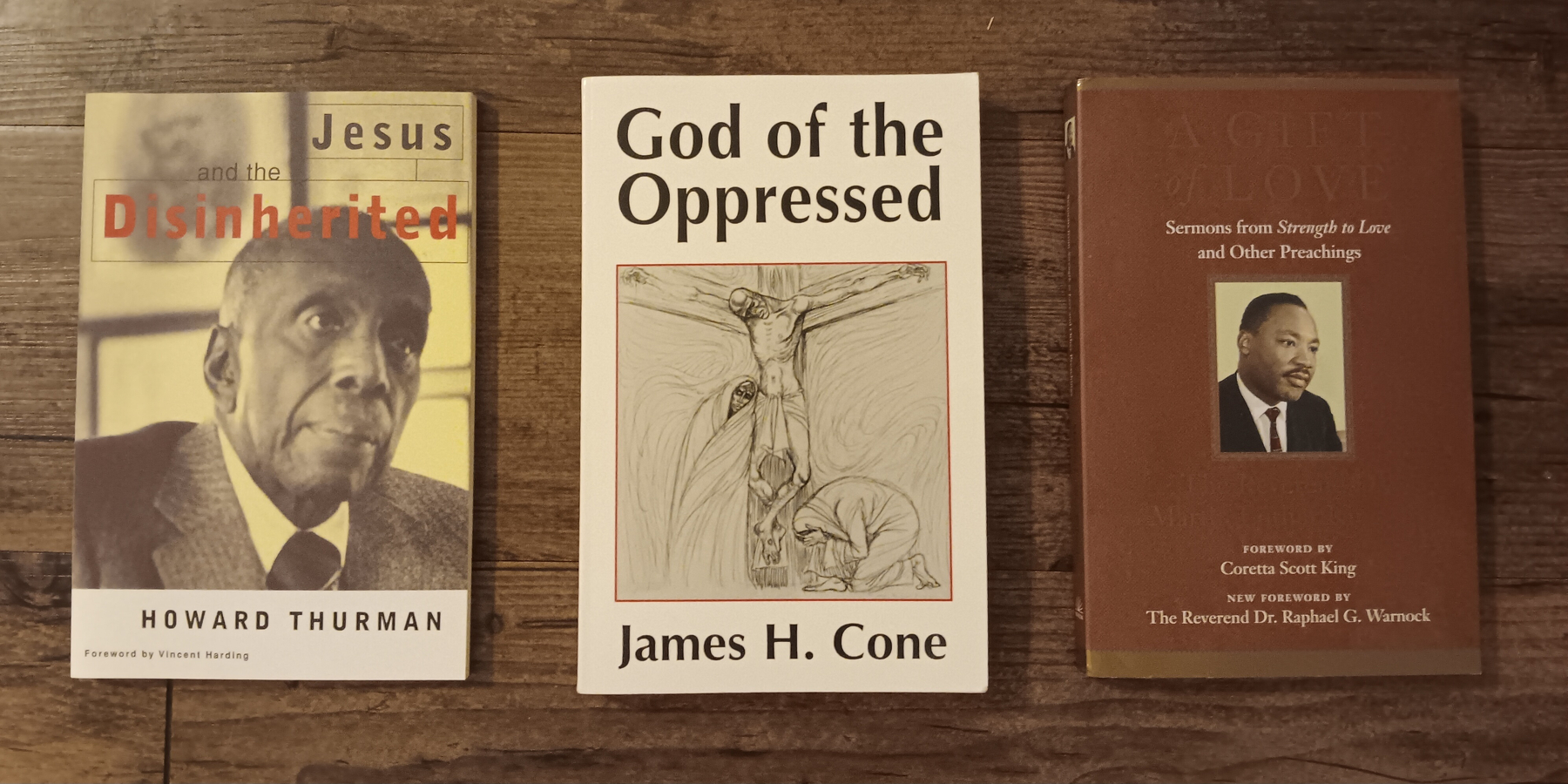“Gen Z Now Leads in Church Attendance.”
There are some interesting findings in the article, but I’m not going to comment on any of that. I want to pause here and offer a more general comment on this kind of piece: My biggest qualm has nothing to do with the data itself, which I have neither the expertise, nor the interest, to dispute. My assumption is that it accurately portrays real trends in American religious life. My concern arises chiefly because I have basically no confidence that people can translate the findings of social science into coherent strategies for action. Or, at the very least, I believe it to be a much more challenging and demanding exercise than we often assume. Towards the end of the article, Brad Hill, president of Gloo, is quoted as saying (surprise, surprise!) that churches that “prioritize” digital engagement will be more effective at reaching younger generations. Did the President of Gloo need to see this data in order to pursue the strategy of greater digital engagement? The data does not demand such a strategy; indeed, it’s not hard to imagine a radically different response to the same facts. Silliman ends the piece by quoting David Kinnaman, CEO of Barna. According to Silliman, Kinnaman’s hope is that “the data will help church leaders be proactive and encourage them to focus on how they can best meet people’s spiritual needs.” If they weren’t already proactive and focused on meeting people’s spiritual needs, I have no idea why this data would light a fire under them. As a counterfactual, let us imagine: What if Gen Z weren’t leading in church attendance? What if they were woefully behind some of the older generations? Or, what if most Americans attended four out of every five Sundays? If you don’t know how that would alter your “response” or “takeaway” from the data, there’s a good chance that you already knew the strategic response before you looked at the data. Again, let me be clear: none of what I’ve said is meant to disparage this type of study. I’m simply wanting to flag that “the data” cannot tell us what we should do in response. For that, we’ll need to look elsewhere.













